The better part of one's life consists of his friendships
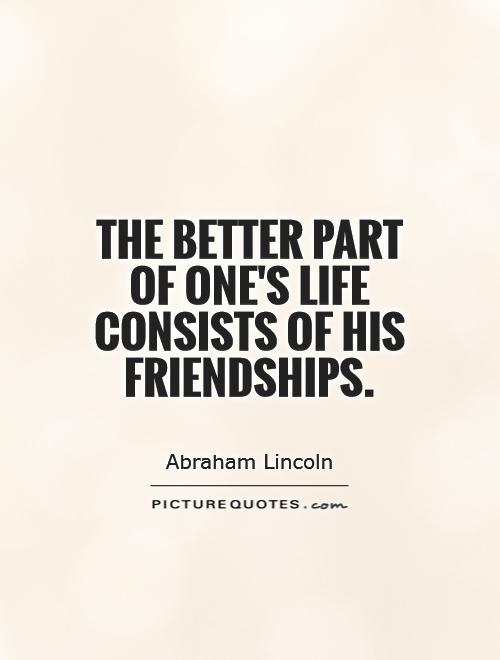
The better part of one's life consists of his friendships
Abraham Lincoln, the 16th President of the United States, is often remembered for his leadership during the Civil War and his efforts to abolish slavery. However, one aspect of Lincoln's life that is often overlooked is his deep and meaningful friendships. Throughout his life, Lincoln formed close bonds with a diverse group of individuals who played a significant role in shaping his character and influencing his decisions.One of Lincoln's closest friends was Joshua Speed, whom he met in Springfield, Illinois in 1837. Speed was a successful businessman who provided Lincoln with a place to stay when he first arrived in the city. The two men quickly formed a strong bond, with Speed becoming one of Lincoln's most trusted confidants. Their friendship endured for over two decades, with Speed often providing Lincoln with advice and support during his political career.
Another important friendship in Lincoln's life was with his law partner, William Herndon. The two men worked together for nearly 20 years, building a successful legal practice in Springfield. Herndon was not only a colleague but also a close friend who shared Lincoln's passion for politics and social justice. Their friendship was based on mutual respect and a shared commitment to the principles of equality and justice.
Lincoln also formed close friendships with several prominent politicians and military leaders, including Secretary of State William Seward and General Ulysses S. Grant. These relationships were instrumental in Lincoln's ability to navigate the challenges of the Civil War and lead the country through one of its darkest periods. Seward, in particular, played a crucial role in shaping Lincoln's foreign policy and diplomatic efforts during the war.
In his personal life, Lincoln was known for his warmth and kindness towards others, qualities that endeared him to many of his friends and acquaintances. He had a knack for making people feel valued and respected, regardless of their social status or background. This ability to connect with others on a personal level was a key factor in Lincoln's success as a leader and statesman.



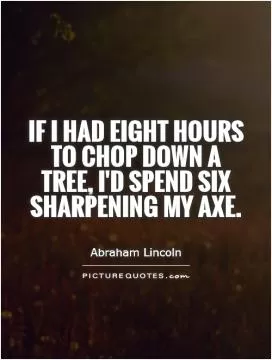
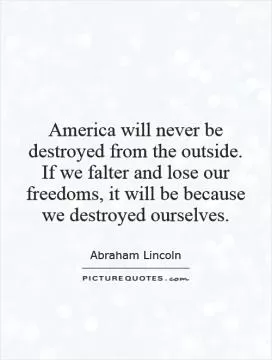

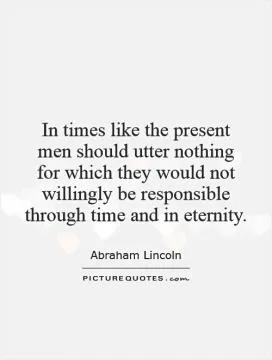
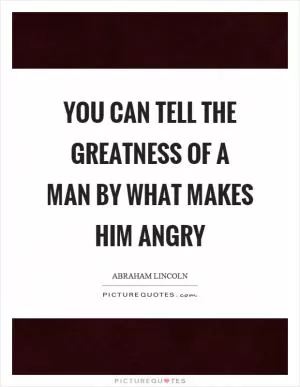
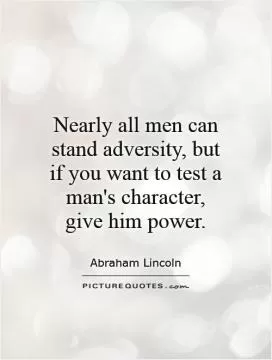
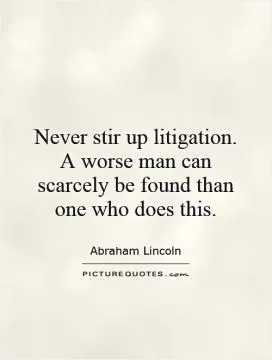
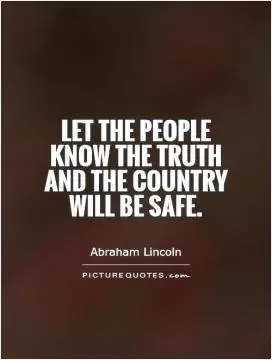

 Friendship Quotes
Friendship Quotes Love Quotes
Love Quotes Life Quotes
Life Quotes Funny Quotes
Funny Quotes Motivational Quotes
Motivational Quotes Inspirational Quotes
Inspirational Quotes